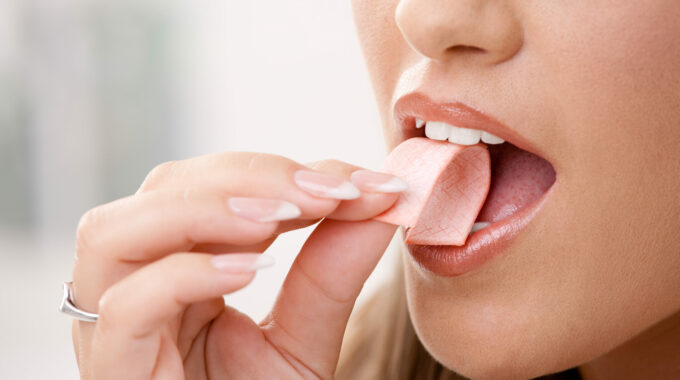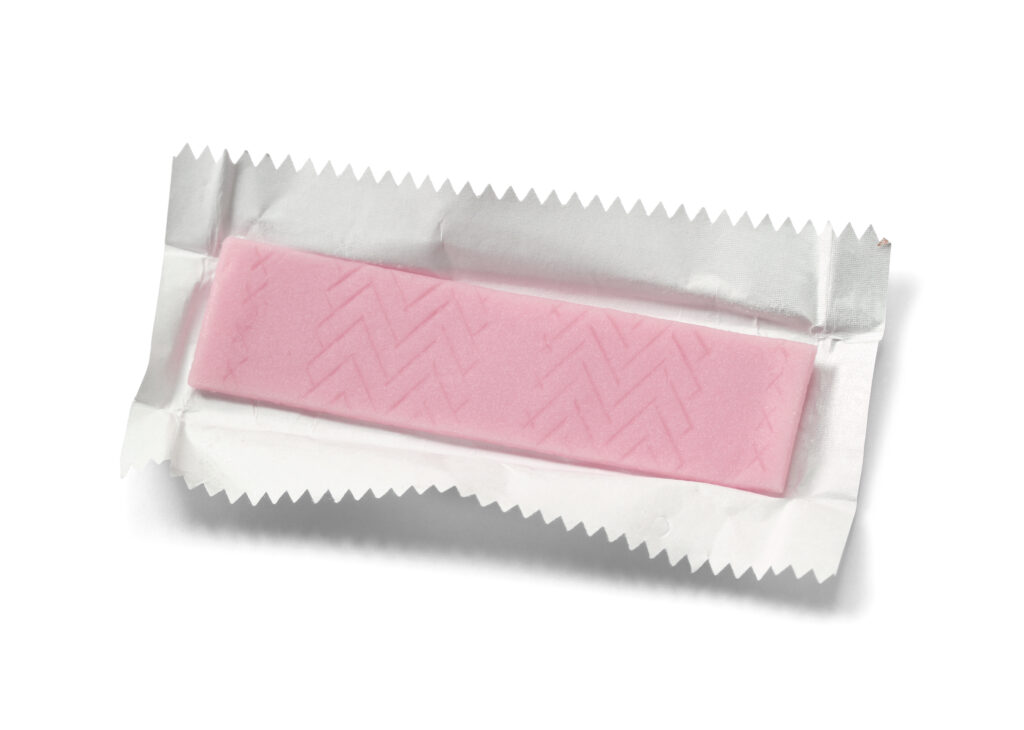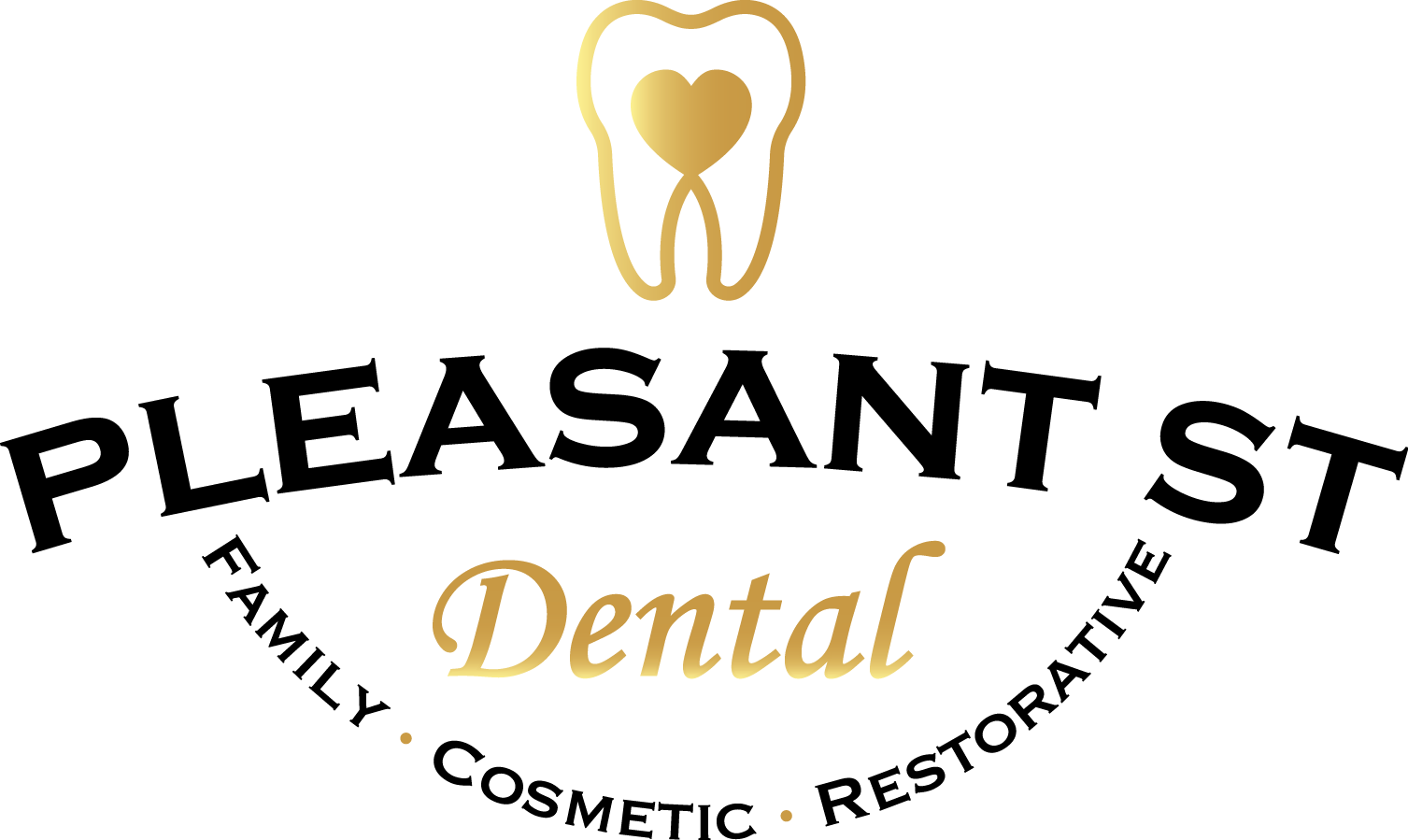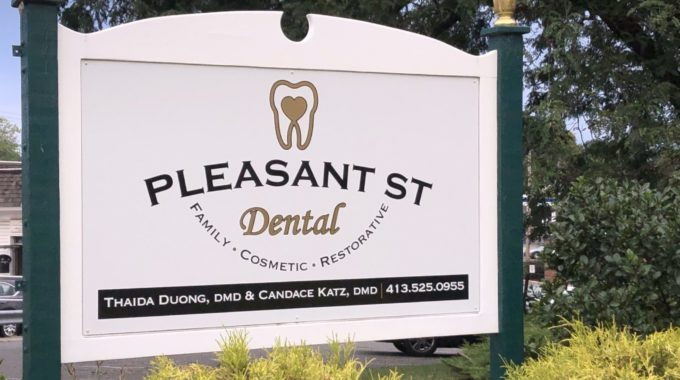To our amazing parents and their kiddos, The summer months are a great chunk of…

Is Chewing Gum Bad for You?
Chewing gum is something a lot of people enjoy, whether it’s to freshen their breath, keep busy, or just for fun. But you might wonder: is chewing gum bad for you, or could it actually be productive in some way? The answer isn’t as simple as “yes” or “no.” There are both benefits and downsides to chewing gum, and understanding these can help you make smarter choices for your dental health. Let’s explore the facts to find out how chewing gum affects your teeth and what you should know to keep your smile bright and healthy.
Here’s the Deal:
Is Chewing Gum Good for You?
Saliva Production: Your Mouth’s Natural Defense
One of the best things about chewing gum is that it makes your mouth produce more saliva. Saliva is really important because it helps wash away food particles and bacteria, and it also neutralizes acids that can cause tooth decay. Is chewing gum good for you? Acidity is bad for you. After you eat, your mouth becomes more acidic, which can soften the enamel on your teeth and make them more vulnerable to cavities. Chewing gum, especially right after meals, can boost saliva production and help protect your teeth from this acid attack.
Why is Saliva Important? Saliva doesn’t just keep your mouth moist; it’s full of important stuff like enzymes, calcium, and phosphate, which help repair your tooth enamel and keep your teeth strong. It also helps balance the pH levels in your mouth, which can stop harmful bacteria from causing cavities.
Plaque Reduction: Fighting the Sticky Stuff
Some sugar-free gums contain an ingredient called xylitol, a natural sweetener that’s actually good for your teeth. Xylitol has been shown to reduce the number of bacteria in your mouth, particularly the kind that causes cavities. Is chewing gum bad for you? We know that plaque is bad for your teeth and by chewing gum with xylitol, you can help lower the risk of plaque buildup. Plaque is that sticky film that forms on your teeth and can lead to cavities if not properly cleaned away.How Does Xylitol Work? Xylitol works by starving harmful bacteria. When these bacteria try to eat xylitol, they can’t process it like regular sugar, so they don’t produce the acid that causes cavities. Over time, this can lead to fewer bacteria in your mouth, less plaque, and healthier teeth.

Fresh Breath: A Quick Fix for Bad Odors
Chewing gum is a quick and easy way to freshen your breath, especially after eating something with a strong smell, like garlic or onions. Is chewing gum bad for you? Bad breath is definitely bad for you and gum can mask bad breath by adding a pleasant scent to your mouth, the increased saliva flow helps wash away food particles that might be causing the odor. While gum isn’t a replacement for brushing and flossing, it’s a handy tool to keep your breath smelling fresh when you’re on the go.
What About Long-Term Freshness? Chewing gum can help with temporary bad breath, but if you often have bad breath, it might be a sign of a bigger problem, like gum disease or a dental issue. In that case, it’s important to see your dentist to find out what’s going on.
Is Chewing Gum Bad for You?
Sugar Content: The Hidden Danger in Some Gums
Sugar can be bad for you in high doses. Not all gum is created equal. Some gums are loaded with sugar, which is bad news for your teeth. When you chew gum that is high in sugar, the sugar feeds the bacteria in your mouth, which then produce acids that attack your tooth enamel. This can lead to cavities and tooth decay, especially if you chew gum often.
How Can You Avoid This? The best way to avoid the harmful effects of sugar is to choose sugar-free gum. Look for gums that use xylitol or other non-sugar sweeteners. These are much safer for your teeth and can even have some benefits, like reducing bacteria.
Jaw Problems: The Risk of Overdoing It
Chewing gum isn’t just a workout for your mouth—it’s a workout for your jaw, too. If you chew gum too much, especially on one side of your mouth, you can strain your jaw muscles and joints. This can lead to a condition called temporomandibular joint (TMJ) disorder. People with TMJ might experience jaw pain, headaches, and difficulty chewing.
How Can You Protect Your Jaw? Moderation is key. Try not to chew gum for more than 15 to 20 minutes at a time, and switch sides often to give your jaw a break. If you start to feel any discomfort in your jaw, it’s a good idea to stop chewing gum for a while and see if the pain goes away.
Dental Work: Problems with Braces and Fillings
Chewing gum may be bad if you have had dental work done. If you have dental work like fillings, crowns, or braces, you need to be extra careful with chewing gum. Some types of gum can stick to your dental work and cause damage or discomfort. For example, gum can get stuck in braces or pull out a filling if it’s not fully set. Even with sugar-free gum, there’s still a risk of it getting stuck to dental appliances.What Should You Do? If you have braces, it’s best to avoid gum altogether unless your orthodontist says it’s okay. For other dental work, ask your dentist which type of gum is safest for you to chew.

How to Chew Gum Safely: Tips for a Healthy Mouth
Chewing gum doesn’t have to be harmful to your teeth if you do it the right way. Here are some tips to make sure you’re getting the benefits without the downsides:
Choose the Right Chewing Gum
The type of gum you chew makes a big difference. Always go for sugar-free gum, especially those with xylitol. This way, you can avoid the harmful effects of sugar while still enjoying the benefits of increased saliva and reduced bacteria.
Chew Gum in Moderation
Extended chewing is absolutely not a good idea. Chewing gum for too long or too often can lead to jaw problems and other issues. Try to limit your gum chewing to just after meals, and don’t chew for more than 20 minutes at a time.
Keep Up with Oral Hygiene
Chewing gum is not a substitute for brushing and flossing. Even if you chew gum regularly, you still need to brush your teeth twice a day and floss once a day. Regular dental check-ups are also important to catch any problems early and keep your teeth in top shape.
Be Mindful of Your Dental Work
If you have fillings, crowns, or braces, talk to your dentist about whether chewing gum is safe for you. They might recommend a specific type of gum or tell you to avoid it altogether to prevent damage to your dental work.
The Bottom Line: Is Chewing Gum Bad for You?
So, is chewing gum bad for you? The answer is that it depends on how you chew it. Chewing sugar-free gum in moderation can have some great benefits for your dental health, like increasing saliva production, reducing plaque, and freshening your breath. However, chewing too much gum, especially sugary gum, can lead to problems like cavities, jaw pain, and damage to dental work.
To keep your teeth healthy, choose sugar-free gum with xylitol, chew it in moderation, and always maintain a good oral hygiene routine. If you have any concerns about how chewing gum might be affecting your teeth, be sure to talk to your dentist. They can give you personalized advice based on your dental health needs.
Want to learn more about keeping your teeth healthy? Contact us today to schedule an appointment. Our dental team is here to help you with all your oral health needs!



